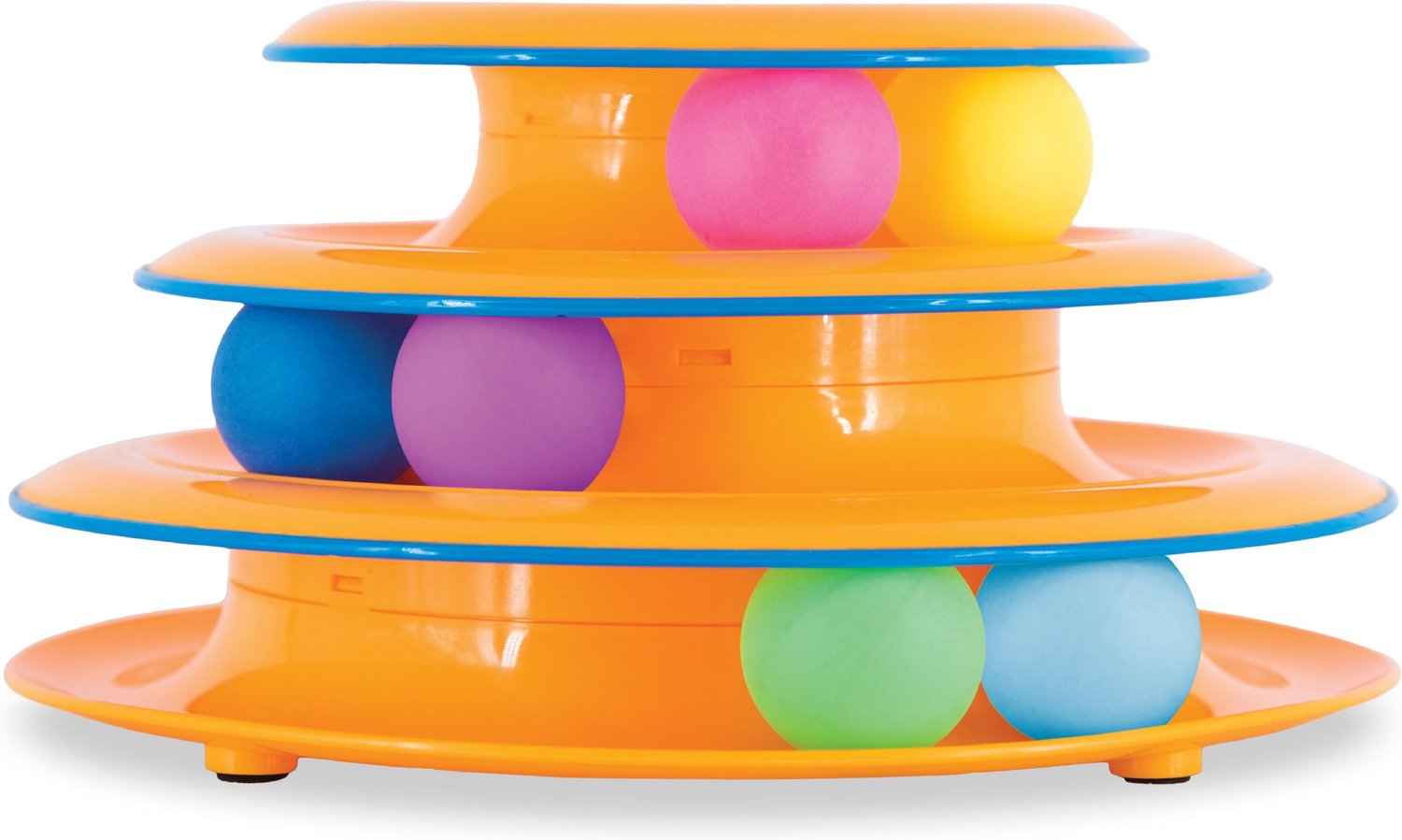Melissa & Doug Deluxe Doctor’s Office Play Set – 788549243
46-piece Melissa & Doug doctor’s play set with wooden case that converts to a doctor’s office; magnetic play board, and loads of realistic accessories for little doctors and nurses to examine and treat patients.
This 46-piece play set from Melissa & Doug has everything little doctors need to help patients get and stay well! Stand the lid with magnetic play board in the portable wooden storage case to transform it into an all-inclusive medical center! Realistic accessories to examine and treat patients include x-rays, a splint and adjustable sling, stethoscope, blood pressure cuff, hearing tester, syringe, and much more. Round out the doctor’s office feel with magnetic play pieces and reusable activity cards and ID badge. All the pieces store in the case for quick and easy cleanup, bands hold the lid securely in place, and a handle lets kids take the fun on the go! The play set is a fun and engaging way to ease any feelings of stress associated with medical visits, and to encourage nurturing and empathetic play. Spark a child’s creativity and imagination, and inspire young healers for years to come!
- 46-piece Melissa & Doug doctor’s play set with wooden case that converts to a doctor’s office; magnetic play board, and loads of realistic accessories for little doctors and nurses to examine and treat patients
- Includes wooden storage case with lid/magnetic play board, realistic accessories, such as thermometer, otoscope, hearing tester, eye cover, stethoscope, blood pressure cuff, wrist splint and sling, pads, bandages, tubes, tubs, and bottles
- Role play doctor, nurse, or patient with double-sided activity cards, ID badge on lanyard, x-rays to display, magnetic play pieces, and more
- The play set is a fun and engaging way to ease any feelings of stress associated with medical visits, and to encourage nurturing and empathetic play
- Great gift for preschoolers, ages 3 to 6, for hands-on, screen-free play
Additional information
| Manufacturer Part Number | 31824 |
|---|---|
| Age Range | 3 to 6 years |






by Megan
Our little 3 year old granddaughter LOVED this, and her mother loved how it came in its own storage box. Great toy for using her imagination!
by Herman
It was fast delivery and the product is great